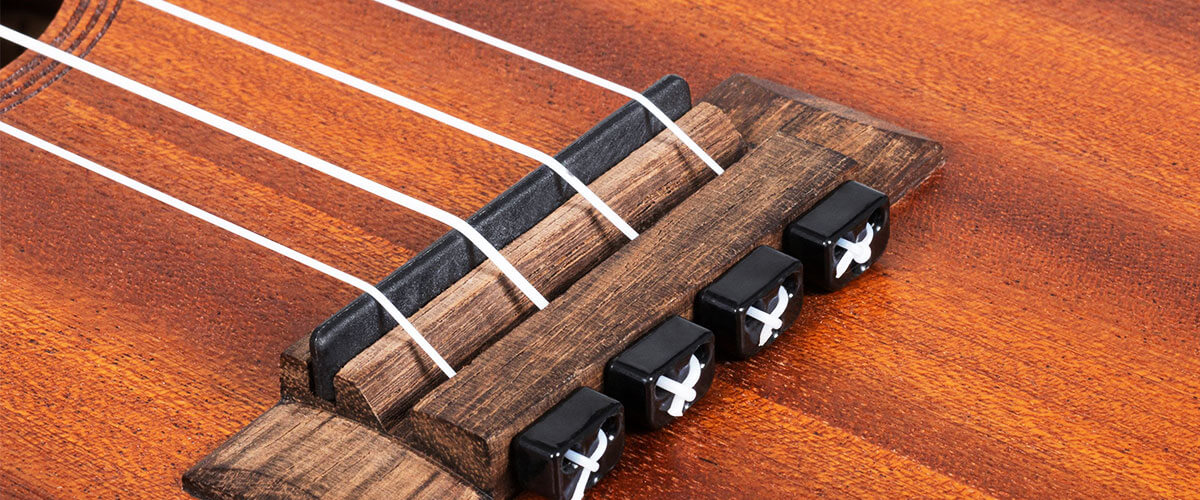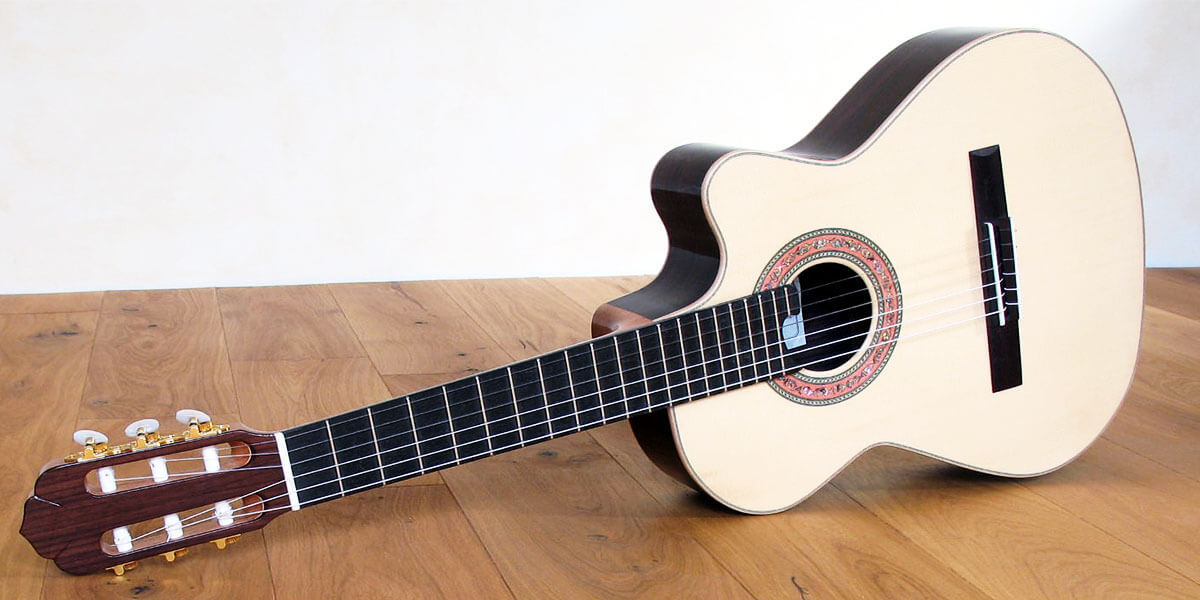As you get deeper into learning to play the guitar, the question of choosing between classical nylon and steel string guitars is guaranteed to arise. This is an important moment that determines both the player’s experience and the resonance of the music. The material of the strings directly affects the ease of play and tonality, because they are the basis of this timeless instrument. With each string type offering its unique flavor, it becomes necessary for musicians to understand their distinct characteristics and make a mindful choice. The eternal debate of nylon vs steel strings holds significance for every aspiring and professional classical guitarist, as it directly impacts their musical journey.
Nylon strings

Nylon strings, integral to the classical guitar world, boast a history and character distinct from their steel counterparts, bringing forth the ongoing debate of steel string guitar vs nylon. Crafted from extruded nylon, a synthetic polymer, these strings were introduced in the 1940s, replacing the gut strings previously used, and quickly earned their status as the standard for classical music, enriching it with their unique sonic qualities.
Tone and sound characteristics:
Nylon strings are celebrated for their warm, mellow, and soft tone, which contributes to the traditional sound classical guitars are renowned for. These strings produce a rich, rounded sound with clear and concise tonality, allowing every nuance of the music to be beautifully conveyed.
Playability and technique:
Nylon strings are often favored for their gentleness to the fingers, making them highly suitable for intricate finger picking and classical guitar techniques. The tactile response and the ease with which they allow for dynamic expression make nylon strings a preferred choice for many classical guitarists.
Pros and cons:
Pros
- Warm and soft tone suitable for classical music.
- Less tension, making them easier on the fingers.
- Ideal for fingerpicking and other classical techniques.
- Typically, a lower cost than steel strings.
- Less wear and tear on the guitar’s frets and fingerboard.
Cons
- Less volume and sustain compared to steel strings.
- More prone to the impact of temperature and humidity changes.
- It may not be suitable for various music genres outside of classical and flamenco.
Understanding nylon strings’ distinctive features and implications is essential for any classical guitarist aiming to refine their sound and technique. By weighing their advantages and limitations, musicians can make an informed decision about nylon or steel string for a classical guitar, aligning with their artistic vision and technical preferences. This consideration is pivotal for those exploring the nuances between nylon and steel strings, aiming to find the perfect match for their classical guitar to best express their musicality.
Steel strings

Steel strings, typically associated with acoustic and electric guitars, offer an alternative sound palette for classical musicians. Comprising a steel core with various metal wrappings, these strings are renowned for their versatility and strength.
Tone and sound characteristics:
The tonal characteristics of steel strings are generally bright, clear, and articulate. They offer a different tonal palette than nylon strings, which are warmer and more mellow. Steel strings are well-suited to a variety of playing styles, including fingerpicking, strumming, and flat-picking
Playability and technique:
Steel strings can feel different under the fingers compared to nylon strings. They are generally thinner and have a higher tension, which can make them more difficult to play for some guitarists. However, they are well-suited to certain playing styles, such as aggressive strumming and fast-picking
Pros and cons:
Pros
- Bright and clear sound, suitable for a variety of music genres.
- Greater volume and sustain compared to nylon strings.
- More resistant to changes in temperature and humidity.
- Generally, it offers a longer lifespan.
Cons
- Higher tension can be harder on the fingers.
- It might not provide the traditional classical guitar sound.
- It can cause more wear on the guitar’s frets and fingerboard.
Understanding the characteristics and implications of steel strings is vital for classical guitarists who wish to explore diverse soundscapes and expressions. A discerning evaluation of their benefits and limitations can help musicians to align their string choice with their artistic and technical aspirations, ensuring a harmonious synthesis of instrument and performer.
Factors to consider when choosing the strings
When determining the type of strings to outfit a classical guitar, several critical considerations come into play, ensuring the strings align with the musician’s intent and the instrument’s compatibility.
- Musical style and genre: The type of music one plays profoundly influences the string choice. Nylon strings may be more suitable for those delving into traditional classical or flamenco genres due to their warm and soft tones. In contrast, steel strings can accommodate various musical styles, offering a bright and clear sound.
- Personal preferences: The guitarist’s individual taste and playing style are paramount. Some may prefer the tactile softness of nylon for intricate fingerpicking, while others may lean towards the resilience and sharp attack of steel strings.
- Guitar compatibility: Not all classical guitars are built to accommodate the tension of steel strings. Therefore, verifying the instrument’s specifications and compatibility is important to avoid potential damage.
Reflecting on these factors allows musicians to make a well-rounded decision, aligning their artistic inclinations with technical necessities ensuring a harmonious relationship between the guitarist and their instrument.














